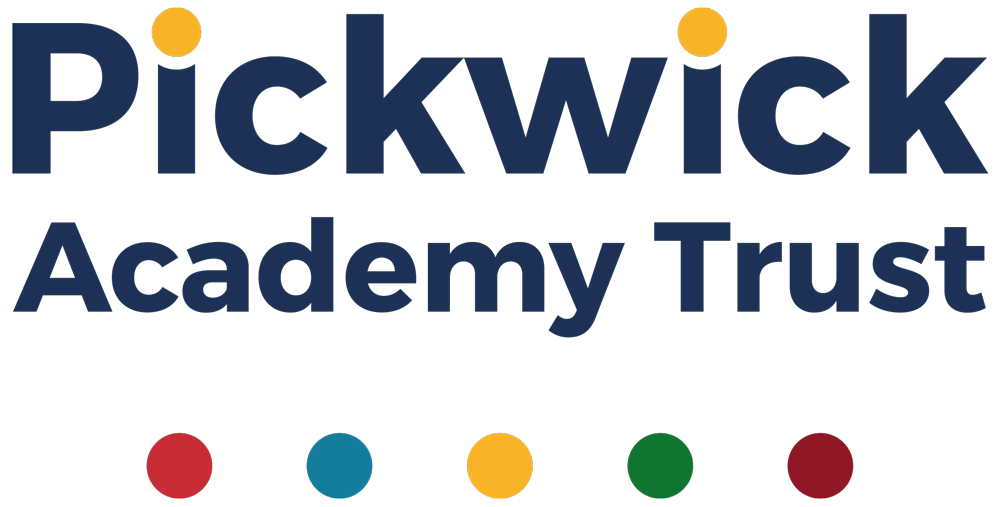SEND
There were many key changes to Special Educational Needs that were introduced in September 2014. The changes made are in line with the Code of Practice for Special Educational Needs which also become statutory in September 2014. The information below will hopefully clarify what this means for pupils at Ivy Lane School and will also put our school’s local offer for children with Special Education Needs into context.
The new Code of Practice can be found By clicking here: Code of Practice (PDF document).
Click here for the Ivy Lane School Additional Needs Policy (PDF document).
Here are some of the changes to SEN that we want to make you aware of:
Legislation
September 2014 – Legislation was implemented from the new Code of Practice (COP.) The main principles underpinning the changes are around:
- Collaboration between all services involved with the child / young person
- Being completely child centred and outcomes driven
- Enabling successful independent living
- The progress of SEN children being the responsibility of the class teacher and must be a part of their performance management
- As of Sept 2014
- The COP sets out what must go on the schools website
Children and Families Act 2014 – Key Principles
- The involvement of children, young people and families
- All duties apply to all schools, including academies
- Co-ordinated assessment for ages 0-25, through the Education Health Care Plan
- More responsibility upon the health services to consider SEN and work with local authorities to ensure co-ordinated provision
- To have a clear SEN Information Report, showing as a school, what we have to offer for children with additional needs and the ways
- In which children and their families can access resources and support.
- Ensure statutory protection of 16-25 year olds to prepare them for adulthood
- Offer of a personal budget and the involvement of child / young person / family in the decisions made when using it
Click Here for our School SEN Information Report for children with Special Educational Needs.
The 4 areas of SEN
- Communication and Interaction
- Cognition and Learning
- Sensory and Physical Needs
- Social, Emotional and Mental Health (previously Behaviour, Social and Emotional Needs)
A few of the points above can be further explained as:
- There is an emphasis on ensuring there isn’t an over-identification of SEN within the lower achieving children i.e. low
- Progress and low attainment doesn’t necessarily mean SEN.
- All children with an SEN profile will have a non-statutory ‘My Plan’ which will be a child centred dialogue about the child’s needs.
- Children who have statutory SEN needs (i.e. previously known as a Statement of SEN) now have an Education Health Care Plan (EHC plan) which will require a joint approach across education, health and social care.
- The ‘one page profile’ is used with our SEN / high need children where we feel appropriate (these profile pages are statutory for
- Pupils with EHC plans). It is an excellent tool for becoming child centred and gaining a real understanding of the needs of our
- Children and young people.
- My Plans’ are updated according to the child’s needs (replacing the Annual Review process). The focus is upon ‘child outcomes.’
- Schools are required, as a key principle, to involve parents and young people in decision making about SEN.
Educational Health Care Plans (EHC Plan)
- Application for Statutory EHCP’s are completed through a single assessment process where all agencies including the parents will meet to discuss whether Statutory SEN should be given.
- Young people with Statutory Assessment/EHCPs receive support from birth until 25, this helps to enable ‘independent living’ for young people.
- Parents of children and young people with EHC plans can opt for a ‘personal budget’ to help buy in the support as agreed in their
- EHC plan. Budgets are agreed with the school. The budget is used for a range of services to support a child’s needs.
- Local authorities produce a ‘local offer’ stating what their schools are expected to provide from their notional SEN budget. Click here (or on the logo below) to go to the Wiltshire Local Offer.
- Schools display their SEN Information Report on their website.
- The Equality Act 2010 must also be displayed.
- IEPs are not statutory, but plans or targets will be set for all SEN children. Discussion with parents (and children if possible) will highlight what the goals are for the child – EVERYTHING IS CHILD CENTRED – written from the perspective of the child.
We are proud that our children with additional needs do well at our school.
If you require more information about SEN or the changes then please telephone to arrange an appointment.
Or you can contact our Wiltshire service:
Wiltshire Parent Carer Council 01225 764 647 or email them at admin@wiltspcc.co.uk
Please click on the link opposite or below to download a copy of the parent friendly leaflet explaining all of the changes to SEND.
SEN Parents Leaflet Chippenham Schools
Laura Phillips
Senco





